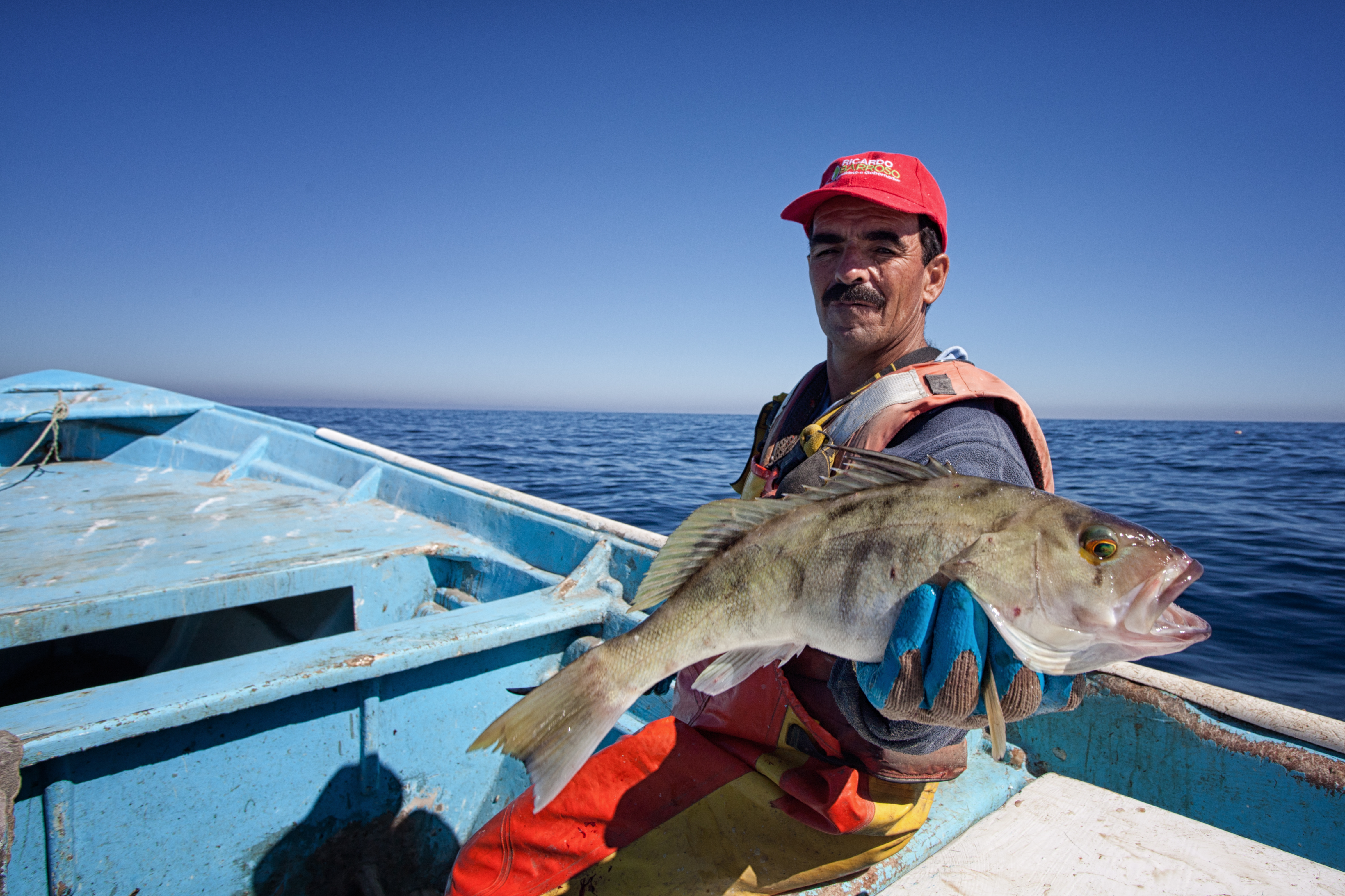UNDP launches second cohort of Ocean Innovators
August 23, 2022

Ocean innovator SmartFish will connect small-scale fishers in Mexico to better-paying markets that value sustainable fishing practices.
New York, Aug 23 – The United Nations Development Programme (UNDP) today launched its second cohort of 10 ocean innovators to tap on new technologies and approaches to end overfishing, and put an end to illegal, unreported and unregulated (IUU) fishing practices. The innovations are expected to bring economic benefits to Small Island Developing States (SIDS) and Least Developed Countries (LDC) by increasing the access of small scale fishers to technical and financial resources, thereby contributing to Sustainable Development Goal 14 (SDG14 targets 14.4, 14.7 and 14.b).
The year 2022 was declared by the United Nations General Assembly as the International Year of Artisanal Fisheries and Aquaculture in recognition of the significant role of small-scale fishers, fish farmers and fish workers in providing healthy and nutritious food to billions of people.
“Small-scale fishers don’t have the latest technology, much needed finance, and access to international markets. UNDP aims to address this gap by identifying innovative approaches to ocean restoration and protection – helping to boost livelihoods and advance the blue economy,” stated Haoliang Xu, UN Assistant Secretary General and Director of UNDP’s Bureau for Policy and Programme Support.
UNDP’s Ocean Promise has committed to deliver at least 100 Ocean Innovations by 2030 . Supported by Sida and Norad UNDP’s Ocean Innovation Challenge (OIC) provides financial support to ocean innovators of up to US$250,000 for two years, mentors and incubates innovative solutions that are transformational, scalable and replicable.
About the second cohort of UNDP Ocean Innovators
Surrey Space Centre, WWF Peru and ODI will work to improve surveillance, enforcement and regulatory compliance through big data, technology and artificial intelligence and traceability in the fisheries sector.
SafetyNet Technologies and MarViVa Foundation will pilot cutting-edge light devices in gillnet fishery and implement innovative best practices in pelagic fisheries respectively.
University of Exeter will develop a novel genetic tool for Caribbean spiny lobster to contribute to the critical sustainable management of this economically and ecologically important fishery and will work with fishers on the transfer of the latest grow-out aquaculture technology and co-design small-scale grow-out operations.
Sustainable Fisheries Partnership, SmartFish Rescate de Valor AC, International Pole and Line Foundation (IPNLF) Maldives, and Yayasan IPNLF Indonesia will use advanced digital technology for global fishery identifiers, Value Rescue Model, and financial technology, and off-the-grid cold chain facility respectively to link small-scale fishers, including women, to high-value markets, financial literacy and capacity-building opportunities, and to strengthen their resilience to market and fishery shocks, such as the ones caused by the Covid-19 pandemic.
According to the report, The State of World Fisheries and Aquaculture (SOFIA) 2022 launched at the second UN Ocean Conference in Lisbon, the average human consumption of fisheries and aquaculture products has more than doubled since the 1960s. Around 600 million livelihoods rely on fisheries and aquaculture, including an estimated 60 million people employed part- or full-time in small-scale fisheries and 21 percent are women with various roles in the pre- and post-harvest value chain. These figures show the significant role of fisheries and aquaculture in sustainable development, in aspects of food security and nutrition, economic growth, and livelihood for women, as well as the need to work together to immobilize the continuous decline in marine fishery resources, albeit at a slower rate. This also calls for improved fisheries management and enforcement of strict compliance to regulations coupled with effective monitoring and surveillance, a measure that has been found to be key in reverting overfished stocks to biologically sustainable levels.
Related video.
Media queries: Sangita Khadka, Communications Specialist, UNDP’s Bureau for Policy and Programme Support, email: sangita.khadka@undp.org.
### ### ###
UNDP is the leading United Nations organization fighting to end the injustice of poverty, inequality, and climate change. Working with our broad network of experts and partners in 170 countries, we help nations to build integrated, lasting solutions for people and planet. Learn more at undp.org or follow at @UNDP.

 Locations
Locations


